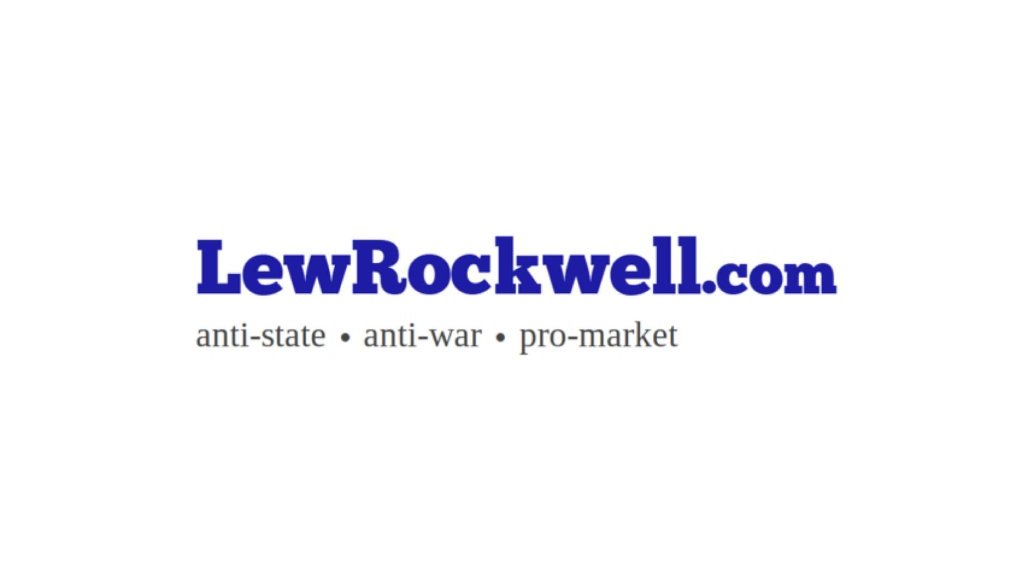Quantity and Quality of the Argentine Peso
For decades, Argentina’s currency has failed remarkably in its future purchasing power compared to other currencies. This includes recurring devaluations, hyperinflations and periods of systematic rejection by Argentinians, who prefer the dollar to save and calculate. So much so that when Javier Milei became their president in December 2023, he found a currency—the peso—kept alive by legal tender laws and anti-dollar regulations. There was basically only exchange demand for pesos, but no or very little demand for reserve purchasing power.
In September 2024, economists Philipp Bagus and Bernardo Ferrero (B&F) defended Milei from criticism and argued as follows:
What Grau ignores is that price inflation was tamed as a result of two, interlocking phenomena: the slow but steady decrease in the avenues of monetary emission and the increase in the quality of the monetary regime.
Here, Milei’s defenders will be put to the test.
Quantity of Money
B&F discussed the monetary base expansion in Alberto Fernández’s four years (Milei’s predecessor), and highlighted the expansion of his last year. However, Milei had already surpassed Fernández’s expansion by September 2024. The official monetary base (M0) had increased 133.1%, and looking back at Milei’s first year, the increase was 209.1%, which is much more than Fernández’s last year (84.8%). Therefore, beyond ceasing Treasury financing, there was no “steady decrease.”
Nevertheless, according to B&F, by achieving fiscal surplus and declaring the elimination of deficits non-negotiable, Milei established a “firm” monetary anchor. And although inflationary expectations were significantly reduced, this anchor is linked only to ceasing the monetization of deficits via peso printing. And yet, they also argued that the austerity measures anchored the future money supply and swiftly boosted money demand.
True, ceasing Treasury financing with new pesos eliminated one of the means for the new money to quickly enter the market through government spending and thus affect prices. And the overall spending reduction helped in this regard as well. But leaving aside the fact that price inflation figures are elaborated from an arbitrary selection of items chosen by a government agency, B&F did not take into account several crucial factors that explain how price inflation could slow down while money printing and money demand increased at the same time:
a) With the initial 54% devaluation and the removal of transport and energy subsidies and various price controls, money demand (peso demand) was bound to increase due to legal tender laws and the need to cope with the rising cost of living. The number of people selling their saved dollars for pesos to make ends meet increased dramatically.
b) Besides tax payments in pesos, exchange and capital controls—which hinder dollar demand—favored peso demand even further, because people continued to demand money anyway.
c) The inflow of new dollars into the banking system with the amnesty program helped the central bank (BCRA) to cope with dollar demand in the exchange market. For half of these deposits go to the BCRA, thus helping to control the dollar price.
d) The new pesos going to commercial banks, such as those coming from the BCRA’s operations, would not always go right to the purchase of goods and services and quickly affect prices. But they undoubtedly helped credit expansion.
e) The argument that exchange controls could not be a significant causal factor because they already existed when Milei arrived is flawed. As private credit was virtually dead and financial strategies were unattractive before Milei, exchange controls became a significant factor for money demand once inflationary expectations went down, private credit revived and the role of fractional reserve banking returned to the stage. This, together with credit expansion, mad
Article from LewRockwell

LewRockwell.com is a libertarian website that publishes articles, essays, and blog posts advocating for minimal government, free markets, and individual liberty. The site was founded by Lew Rockwell, an American libertarian political commentator, activist, and former congressional staffer. The website often features content that is critical of mainstream politics, state intervention, and foreign policy, among other topics. It is a platform frequently used to disseminate Austrian economics, a school of economic thought that is popular among some libertarians.



